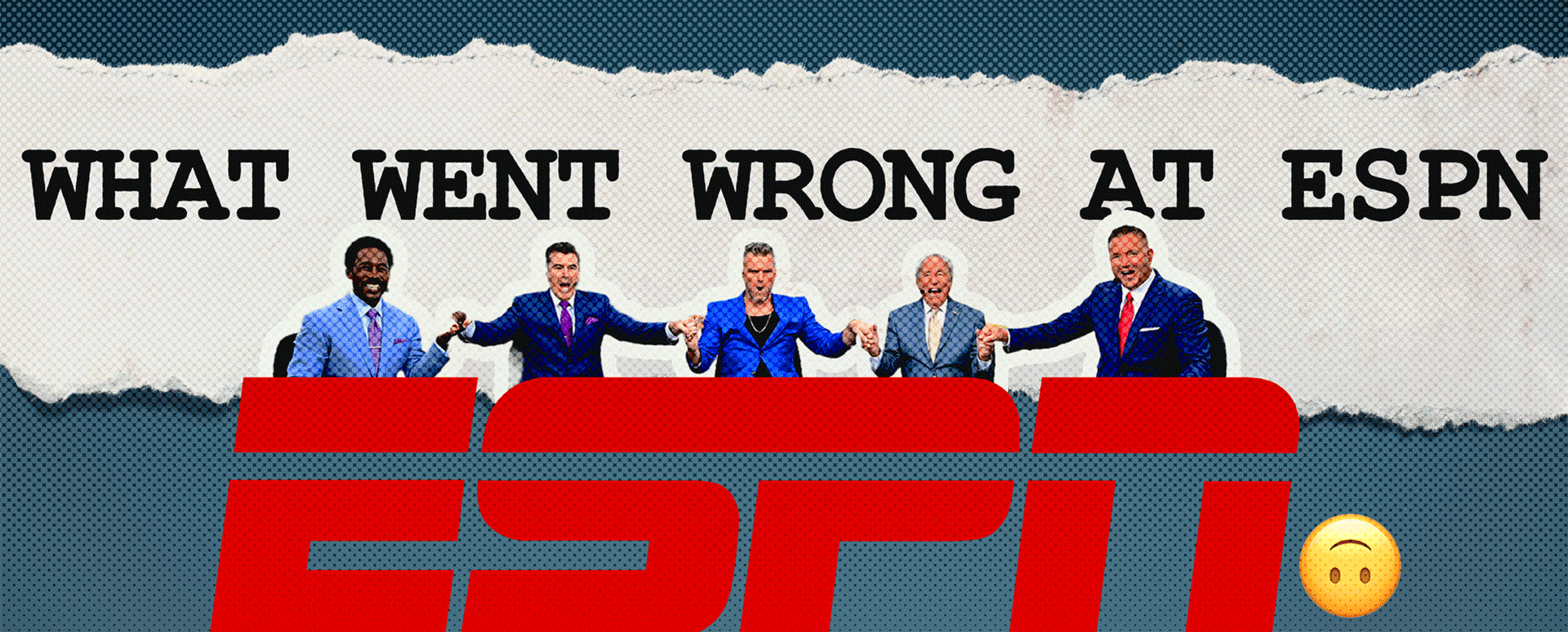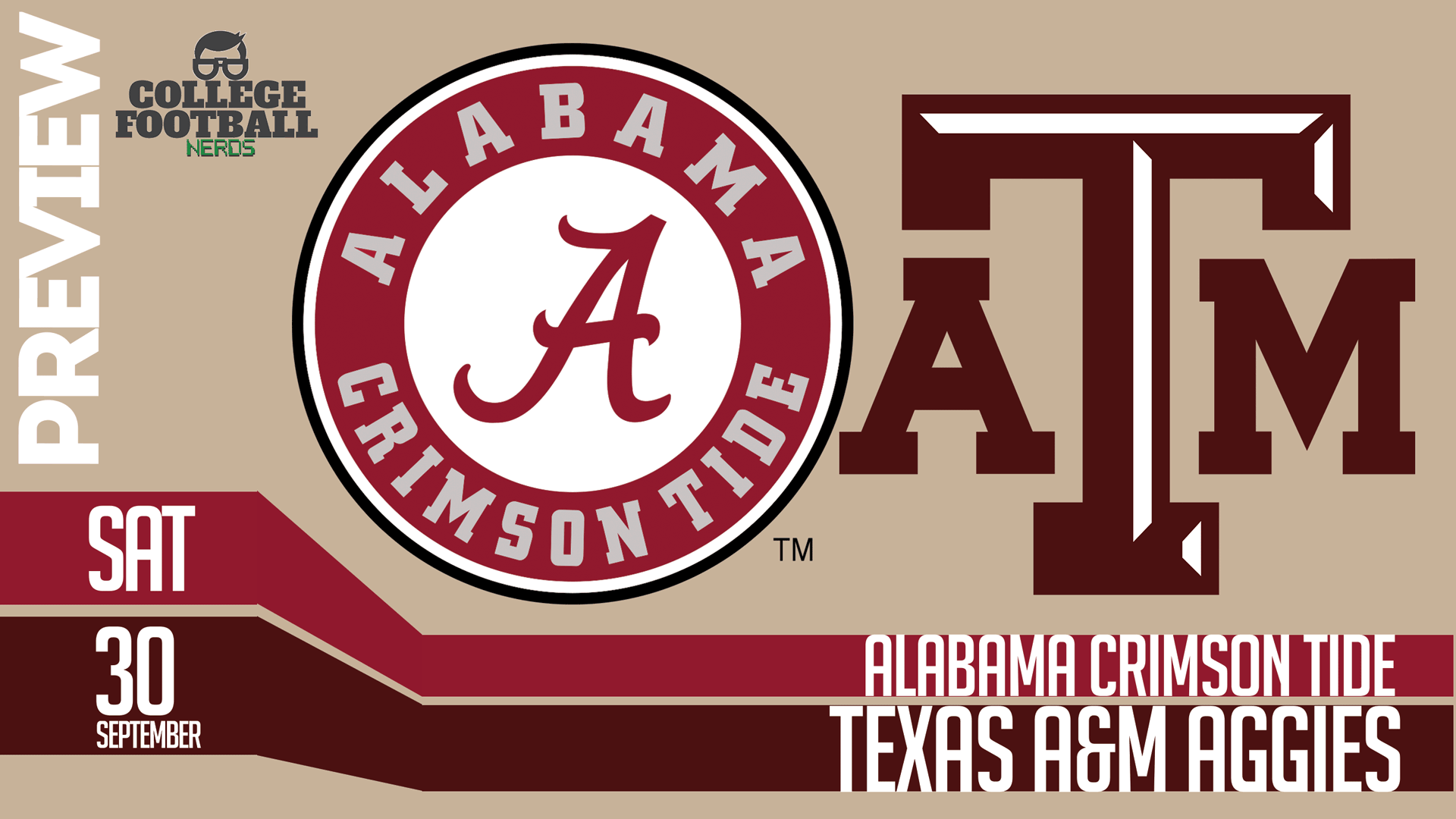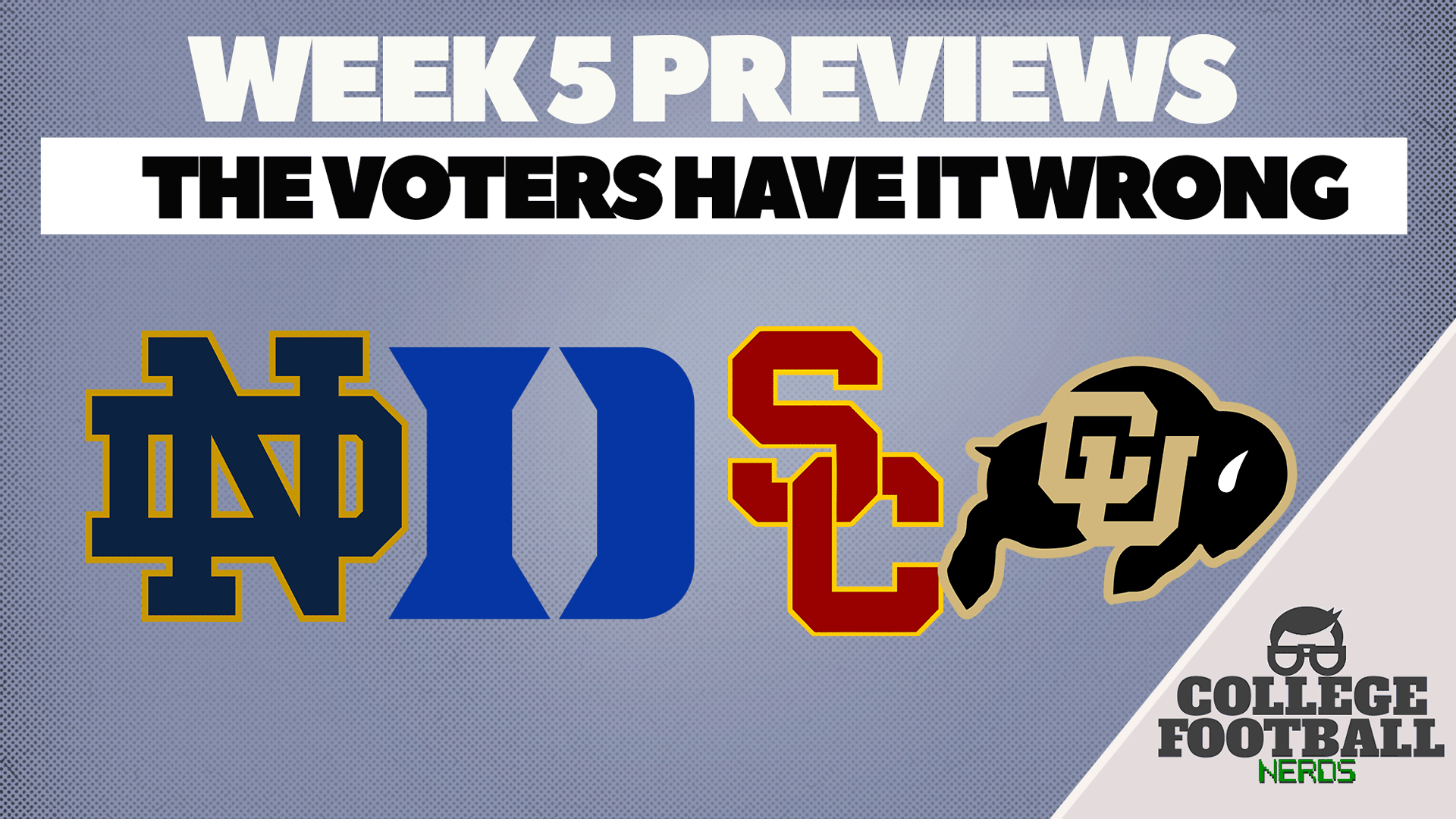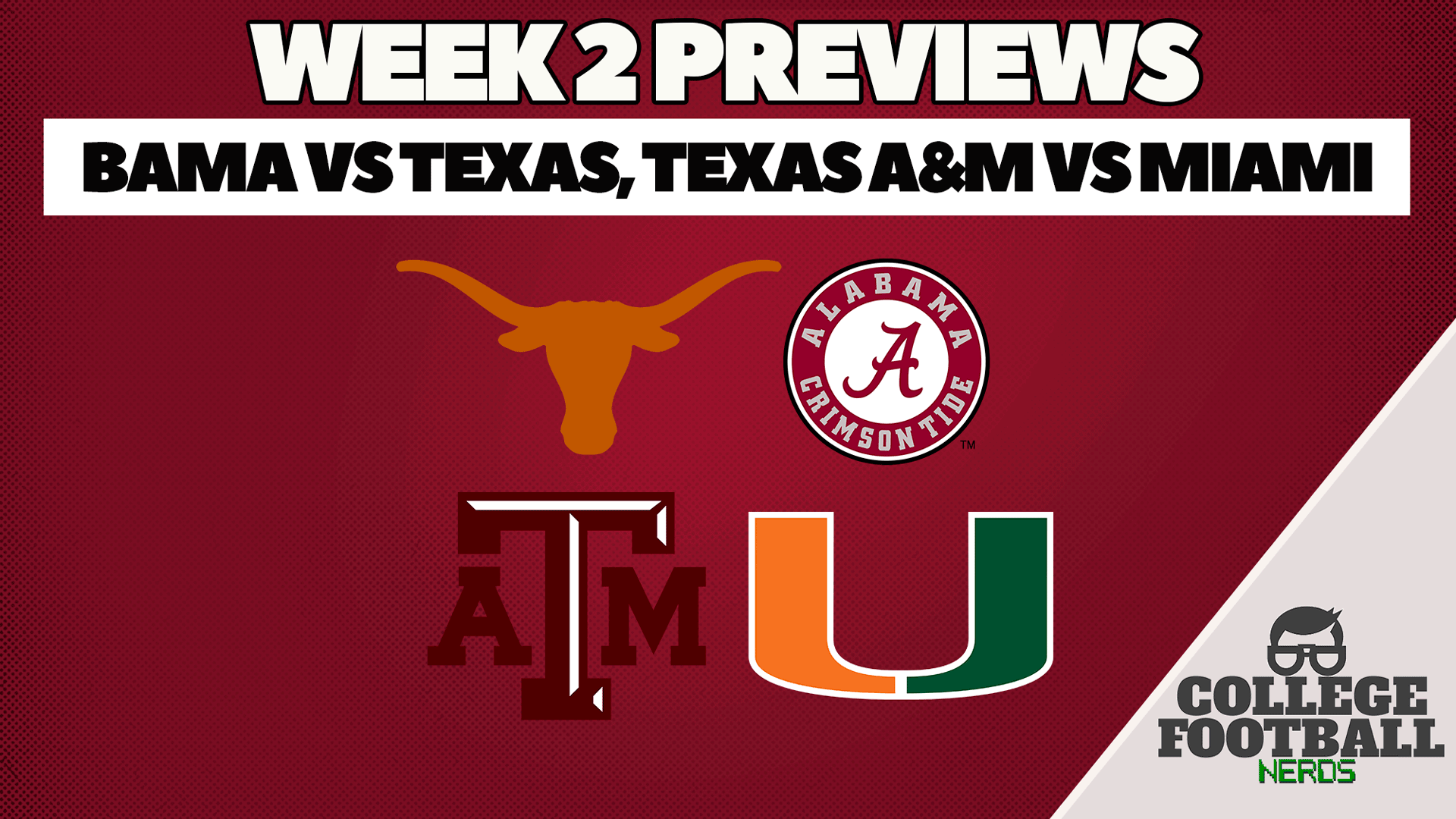The Downfall of ESPN: What Happened and How Their Response Still Misses the Mark
ESPN's recent layoffs, while predictable, were still quite disappointing. Let's talk about how ESPN got here, how they're fumbling the response and a few things they should be doing.

Pro Market Obsession
ESPN's heavy emphasis on professional sports, pro-focused commentators, and pro sports markets has left college football fans feeling alienated. Shows like PTI and Around the Horn often neglected college sports, and commentators like Mike Wilbon and Chris "Mad Dog" Russo seemed disinterested and out of touch with the college football world. This pro-market approach disregards the unique passion and obsession of college football fans, who can easily detect inauthenticity.
The Democratization of Information
Twitter changed the game for ESPN. The gold standard for breaking sports news and sports was replaced with a community-driven model that operated in near real-time. ESPN didn't even own the direction of the stories they broke on Twitter. The discussion immediately moved from a platform ESPN controlled to a distributed community.
The Rise of the New Media Experts and Entertainers
In its golden era, ESPN was the average fan's go-to for authoritative analysis and entertaining commentary on all things sports. YouTube ushered in a new era. It brought with it three major disruptions to ESPN's world:
- It opened the eyes of viewers that ESPN's on-air talent didn't have a monopoly on insight (or entertaining commentary)
- It offered selection and curation
- It offered entertainers who felt far more accessible than a suit at a desk in Bristol
Streaming services, and the new attention economy
Streaming services broke ESPN's cable subscription stronghold. But the rise of doom scrolling on Instagram and TikTok put the nail in the coffin for ESPN's scripted programming.
Americans' attention span is now shorter than a goldfish, literally.
To anyone with eyeballs, streaming inertia was at full speed, while ESPN was still flat-footed and slow to respond. Early iterations of Watch ESPN were buggy, slow, and hilariously unmonetized. Historically, sports platforms have harnessed the latest technology to move their own spaces forward. But ESPN, already inexcusably terrible in reacting to 4k distribution, also felt no urgency to accommodate streaming
If you're trying to save GameDay, don't fire a host that resonates with your core audience for an incongruous fit Hail Mary.
A Response Gone Wrong
Now you have ESPN playing musical chairs, and the music stopped. They had monstrous broadcast contracts as well as huge on-air talent contracts they needed to shed. They were all agreements made at a time when legacy media was the standard. Many of their shows now get fewer eyeballs than an episode of Late Kick with Josh Pate, but they're paying 7 figure deals for people to host them.
Scrambling to fix the issue, ESPN realizes it needs two things:
- To not lose Gen Z and younger millennials
- Shed massive contracts made in a legacy media era
Desperate to capture that younger audience, ESPN gaveg Pat McAfee an 85 million dollar contract. But in doing so, they're also missing why his YouTube channel was so popular. Ironically, forcing McAfee into GameDay hurts both ESPN's expansion and retention goals. The younger audience will see him making an establishment move, while the core audience of GameDay is going to feel alienated by his style.
ESPN is leaning into McAfee's YouTube and non-traditional presence but also trying to make him the new face of their legacy media, which is a mistake. If you're trying to save GameDay, don't fire a host that resonates with your core audience for an incongruous fit Hail Mary.
What About Politics
Leaning hard into politics did hurt ESPN, but not in the way many think. Sports journalism as a whole hurt itself by going more political over the last few years. ESPN could afford to do it more than, say, The Athletic because live sports is still their main revenue source.
ESPN saw ratings dive in time slots where shows were largely political. Scripted content was the main casualty in their move political. Live sports was such a money maker that it subsidized their political scripted shows.
So what is ESPN doing right? Shedding large talent contracts and replacing them with salaries that are fractional in comparison is smart. ESPN realizes the scripted show ratings will be what they'll be regardless of who is in the seat.
Wrong? They're overestimating what large contracts for McAfee and Smith will do to move the needle on their legacy assets. In McAfee's case, it may do more harm than good.


